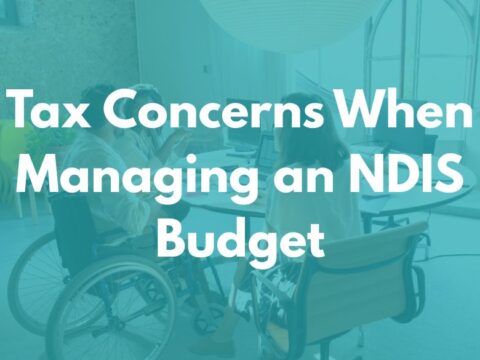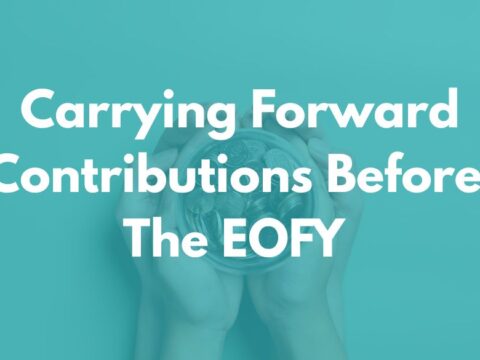EOFY tax planning: 14 things to consider before 30 June
As 30 June is just around the corner, here’s a quick reminder of things to think about in your year end tax planning:
- If you are making personal super contributions, ensure they are received by the fund by 30 June. The maximum tax deductible contribution you can make remains at $25,000. The Non-Concessional Contribution limit remains at $100,000, with the ability for those under 65 to use “bring forward” rules and make a lump sum contribution of up to $300,000. Note: It is essential you speak to your accountant first to confirm you have not triggered the “bring forward” rules previously. If you’ve had a good 2020, but are expecting a slowdown in 2021, consider double super contributions. Ask your accountant about reserves in super.
- If you are receiving pension payments from your superannuation fund, ensure minimum annual pension payments have been drawn prior to 30 June.
- If you are a small business and looking to buy plant and equipment soon, consider bringing forward the purchase to take advantage of the $150,000 increased instant asset write-off due to COVID-19. Please note that after 30 June the maximum write-off is scheduled to return to $1,000 (and again be limited to small businesses with annual turnover of less than $10 million). If the increased asset-write off scheme will be extended remains to be seen. Note: This includes second hand assets. You also need to be running an actual business.
- If you have realised capital gains during the year, review your investment portfolio for shares with unrealised capital losses and discuss with your accountant and investment advisor whether to sell and realise those capital losses. Only consider this if it fits your investment plan.
- Further to Point 1 above, if you don’t have the cash to make super contributions, see if you can make “in specie” contributions to super such as transferring listed company shares. If you transfer loss-making shares, you get the double benefit of reducing capital gains and making a super contribution.
- Pay staff superannuation before 30 June. If you don’t, it’s not deductible until the following year. Please note that if you make staff superannuation payments to the Small Business Superannuation Clearing House, these need to be paid by 23 June to ensure they are deductible this financial year.
- Consider paying any bonuses before year end or declare them. Speak to your accountant first regarding the rules on this.
- If you have a discretionary trust, ensure your distribution resolutions are prepared and signed before 30 June. Allworths is currently working on this for affected clients.
- Write off bad debts. Note: Accounting provisions for bad debts are not deductible.
- Conduct a stocktake and write off obsolete and damaged stock. Many business owners who carry inventory are unaware that stock isn’t actually deductible until sold or written off.
- If your business operates on a cash basis, pay your suppliers before 30 June if you can. A good opportunity to get your accounting fees up to date!
- Consider prepaying expenses and, again, talk to your accountant regarding the rules around this.
- Ensure minimum loan repayments for “Division 7A” loans are made by 30 June.
- If you are considering applying for the NSW government’s $10,000 ‘small business COVID-19 support grant,’ applications close 30 June.
As always, feel free to contact us with any questions or concerns relating to any of the above.
All the best with your year end tax planning!




